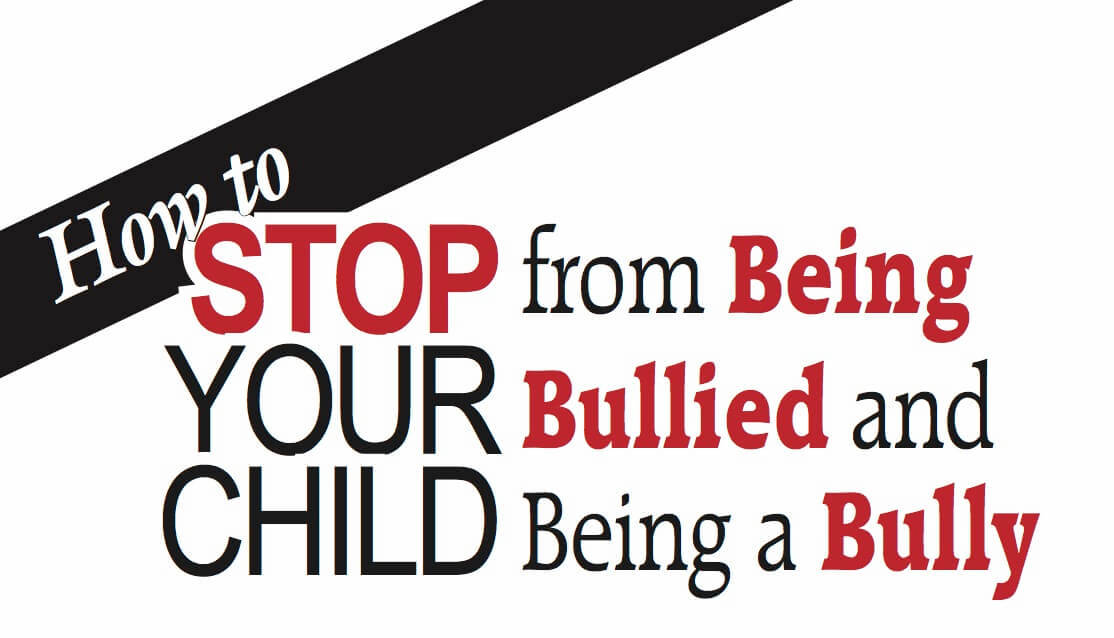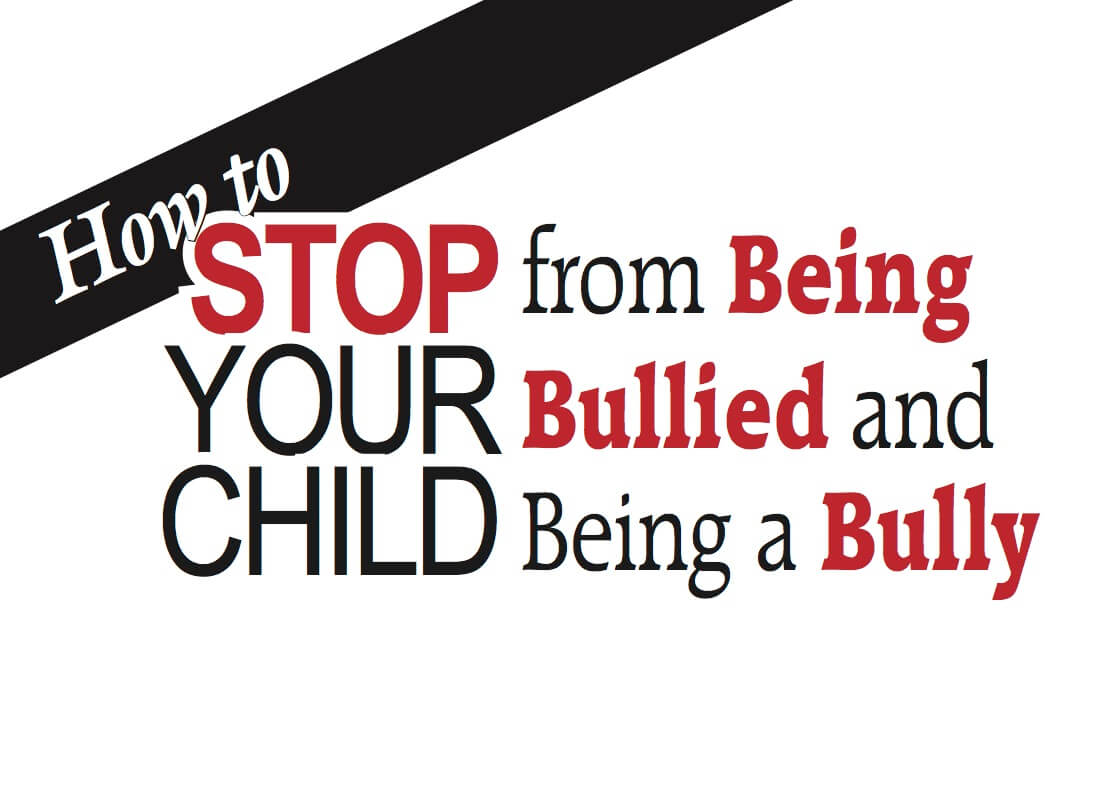 According to StopBullying.GOV, 1 in 4 students in the United States are bullied at school. Bullying will often affect a child’s academic performance in school and can even lead to suicide. With bullying causing such a traumatic impact on a child’s life, it is imperative that you are aware of some solutions to remedy the bullying of those you love and care for. We all have a responsibility in ensuring bullying is handled appropriately.
According to StopBullying.GOV, 1 in 4 students in the United States are bullied at school. Bullying will often affect a child’s academic performance in school and can even lead to suicide. With bullying causing such a traumatic impact on a child’s life, it is imperative that you are aware of some solutions to remedy the bullying of those you love and care for. We all have a responsibility in ensuring bullying is handled appropriately.
By taking the following proactive steps, one can help solve the issue of bullying with their child:
- Open Communication with Child. It is okay to ask a child directly if they are being bullied. Embarrassment or fear that a bully will retaliate often inhibits children from speaking about bullying that may be taking place. Look for signs of bullying which include: fear in attending school, missing belongings, lack of friends, torn clothing, and/or an increased fearfulness.
- Communicate with school to make sure your child is safe. Discuss the punishments that are put in place for the bully and ensure that they are effective. Create a dialogue between yourself and the bully’s parents about the bullying taking place.
- Get your child involved in social groups. Help develop your child’s social skills by getting them involved in extracurricular activities. Having a positive social support system for your child can aid in preventing them from becoming a victim of bullying.
- Advocate for a stronger anti-bullying campaign at your child’s school. Discuss at school association meetings or Parent Teacher Association (PTA) meetings the importance of having a zero tolerance stance on bullying within schools.
Guardians often find themselves dealing with the fact that their child is the victim of bullying, but what if your child is the bully? Take action and incorporate the following advice into both your child’s and your life in order to stop your child from continuing his or her bullying behavior.
- Discuss the behavior of your child. Talk with your child’s teachers and school administrators to understand what bullying behavior is taking place. Be wary that a bully will try to play down his or her wrongdoings in an effort to escape trouble.
- Take a zero tolerance stance. Make it clear to your child that you will not tolerate this kind of behavior. Inform your child on the negative effects bullying has on its victims. Do not accept excuses or rationales for this kind of inappropriate behavior.
- Use non-violent punishments. Utilize non-violent punishments when reprimanding your child. Aggressive or over-the-top punishments produce a mentality in your child that “might is right.”
- Create a non-violent environment. Ensure your child is not receiving violent stimulation from television shows, videos games, and movies. These forms of entertainment can invoke aggressive behavior in youth. Also make sure your child is not seeing verbal or physical violence take place between family members. Verbal or physical violence between family members will provide an inappropriate model to a child on how to interact with others.
It is important that we instill healthy social habits within children to ensure bullying does not become common place within our schools. By taking note of ways to intervene if your child is being bullied or if your child is the bully, we can create a welcoming social environment within our school system.
For more information on the effects of bullying, please check out our website at cmh.fcpotawatomi-nsn.gov or contact the Community Health Department at 715-478-4355.
Advice on How to Stop Your Child from Being Bullied and Being a BullyWork Cited
Fritz, Gregory K., ed. “Parents’ Guide to Bullying.” The Brown University Child and Adolescent Behavior Letter. 29.4 (2013): 1-2. Print.


